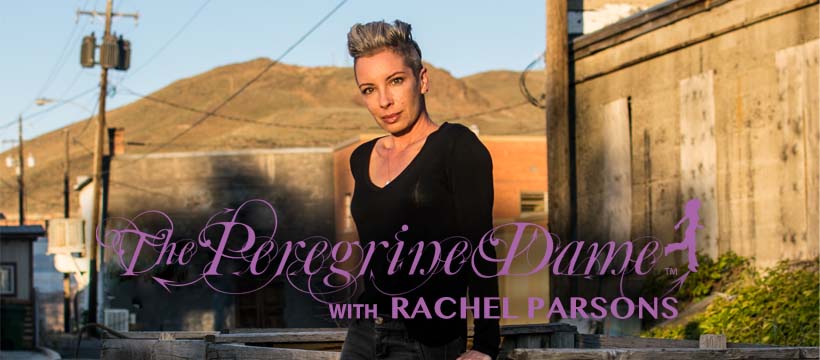Goodbye Madiba: How Mandela Shaped the South African TPD Episodes
“I was on my way out before apartheid ended,” Shannon said.
“I was seriously on my way out with my children. My mother talked me out of
it.”
I was sitting in a billiards hall on the outskirts of Durban
in a predominantly Indian-South African neighborhood in April 2012, having a
beer with the aunt of one of my documentary subjects. Shannon was one of
roughly half-a-million South Africans of Indian descent and her family had been
in the country for generations.
I was in Durban to film an episode of TPD focusing on
Indo-South Africans using her nephew Sujan as my guide and eyepiece. Sujan is a
member of the first generation of South African children to grow up
post-apartheid and he, his brother, and cousins had an upbringing not unlike
mine.
But Shannon and her husband Cliff spent the evening telling
me their stories. Of life and the hierarchy of race under apartheid. Indo-South
Africans enjoyed relative privilege under the system. They were allowed an
education like whites; Cliff was a doctor and Shannon a schoolteacher, though
she would’ve never been hired in a school that wasn’t in an Indian
neighborhood. They could own land and were not subject to curfews like blacks,
but weren’t allowed to integrate into white neighborhoods either. A
middle-class Indian family would hire black South Africans as domestic help, as
would white families, but there was no socializing with whites or blacks.
“You could be white, then Indian, then mixed-race, and then
black,” Shannon said. She told me when apartheid ended everyone held their
collective breath to see if war was going to erupt, but there was simply a
jubilation, peaceful and uneventful.
It was a segregated life, certainly, but nothing like the
horror stories I heard from black South Africans, like the man I met on a
street corner who told me how he and his friends would be jailed for the night
for not getting out of the city before curfew – but always beaten first.
Then I met Ravi, an Indian who gave me a ride one afternoon
in Durban’s city center. He’d been tailing me in his car as I walked through a
particularly gritty area by the docks while I was filming b-roll. He was very
concerned and was watching out for me. Over another beer he told me that
Indians were largely left alone unless they were anti-apartheid activists. He’d
been very involved in the movement in Durban and he recounted the hospital
visits, pointing out all of the bones in his body that had been broken in
fights with police and apartheid supporters. He pointed to more than a few
places.
It was originally Lawrence Anthony, the white South African
wildlife conservationist, and his story that took me to the country. That was
my second trip to SA to cover Anthony and his reserve Thula Thula in Zululand.
He was one of the good guys. Vehemently anti-apartheid, Anthony spent much of
his career in conservation using it a way to reach across racial divides and
earn the trust – and eventually the respect – of Zulus and other tribes with
whom his animal reserve shared land.
He had friends and allies in Mandela’s government who
recognized that Anthony cared as much about protecting people as he did
animals. When Anthony died in 2012, his old friend Dr. Ben Ngubane said, “Even
in the days of apartheid, Lawrence would go and sit in the crawl with the Zulus,
the Mthethwas, and partake of the braai meats. Sitting there on the ground. It
was natural for him.”
Ngubane had been involved in negotiations in 1993 with the
African National Congress on behalf of the Inkatha Freedom Party. At that time,
of course, Nelson Mandela was president of the ANC. The next year, he would
become president of the Republic of South Africa.
I’m proud to have seen South Africa after apartheid. It’s a
country I love being in and a place I know I’ll go back to again and again. I’m
honored to have shared moments of my life with each of the people I’ve met
there, humbled and grateful that they were willing to tell me their stories.
I’m awed that I’ve been in the same room with Ngubane and that Lawrence Anthony
“loved” the episodes of TPD he saw before he died.
And it’s because of Mandela and the entire anti-apartheid
movement and all its supporters that I’ve been able to have these exact experiences.
Because of him, when it was all said and done, Shannon was able to look me in
the eye that night in Durban and say, “I love my country.” Thank you, Madiba.


Comments